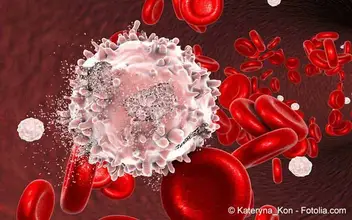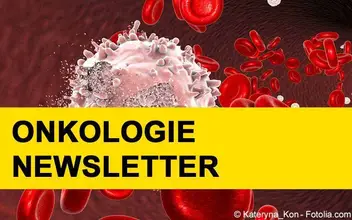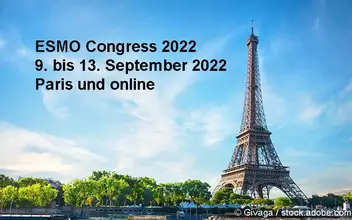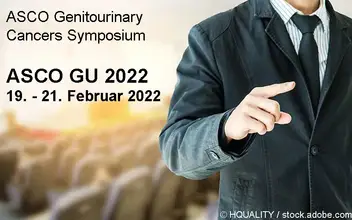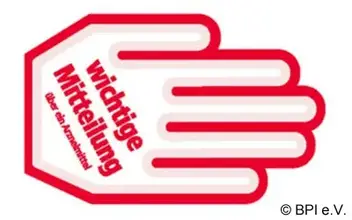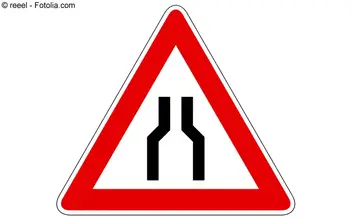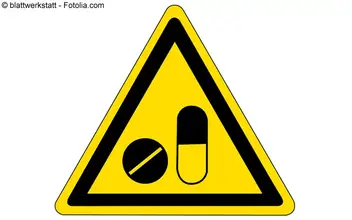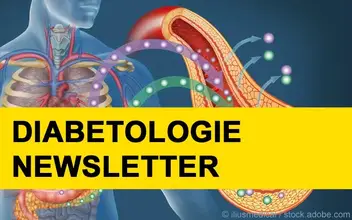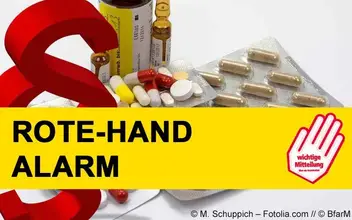Review: Mit CAR-T-Zellen gegen Krebs
Die CAR-T-Zelltherapie zeigt erstaunliche Therapieerfolge bei Patienten mit fortgeschrittenen Blutkrebserkrankungen. Zwei Präparate wurden in Europa in beschleunigten Verfahren zugelassen. Trotz schwerer Nebenwirkungen überwiegt der Optimismus, dass diese Therapieform verbessert werden kann.

Liebe Leserin, lieber Leser,
der Inhalt dieses Artikels ist nur für medizinische Fachkreise zugelassen. Wenn Sie zu diesen Fachkreisen gehören, melden Sie sich bitte auf unserer Seite an. Sie werden dann automatisch auf die gewünschte Seite weitergeleitet.
Quelle:
- Heymach J et al: Clinical Cancer Advances (2018) Annual Report on Progress Against Cancer From the American Society of Clinical Oncology. J Clin Oncol
- Kolb HJ. Donor leukocyte transfusions for treatment of leukemic relapse after bone marrow transplantation. EBMT Immunology and Chronic Leukemia Working Parties (1998) Vox Sang, 74, 321-329
- Maude SL et al. Tisagenlecleucel in children and young adults with B-cell lymphoblastic leukemia (2018) N Engl J Med, 439-448
- Borchmann P et al. An updated analysis of JULIET, a global pivotal phase 2 trial of tisagenlecleucel in adult patients with relapsed or refractory (r/r) diffuse large B-cell lymphoma (DLBCL), (2018) 23rd congress of EHA, Stockholm
- Neelapu SS et al. Axicabtagene Ciloleucel CAR t-cell therapy in refractory large B-cell lymphoma, (2017) N Engl J Med, 2531-2544
- Gemeinsame Pressemitteilung des vdek (Die Ersatzkassen), des Verbands der Universitätsklinika und des Medizinischen Fakultätentags, der Deutschen Krebsgesellschaft (DKG) und der Deutschen Gesellschaft für Hämotologie und Medizinische Onkologie (DGHO) am 18.9.2019 in Berlin
- Pressekonferenz bei der Jahrestagung der Deutschen, Österreichischen und Schweizerischen Gesellschaften für Hämotologie und Medizinische Onkologie am 12.10.2019, Berlin
- DGHO-Strukturkriterien zur CAR-T-Zelltherapie vom 29.1.2019
- Fachinformation: Kymriah® 1,2 × 106 bis 6 × 108 Zellen Infusionsdispersion
- Fachinformation: YESCARTA 0,4-2 x 108 Zellen Infusionsdispersion
- Maher J et al. Human T-lymphocyte cytotoxicity and proliferation directed by a single chimeric TCRzeta/CD28receptor. (2002) Nat Biotechnol, 70-75
- Sadelain M et al. The basic principles of chimeric antigen receptor design.(2013) Cancer Discov, 388-398
- Maus MV, Levine BL. Chimeric antigen receptor T cell therapy for the community oncologist. (2016) The Oncologist, 1-10
- Abate-Daga D, Davila ML. CAR models: next-generation CAR modifications for enhanced T-cell function. (2016) Mol Ther Oncolytics, DOI: 10.1038/mto.2016.14
- Dai H et al. Chimeric Antigen Receptors Modified T-Cells for Cancer Therapy. (2016) J Natl Cancer Inst, DOI: 10.1093/jnci/djv439
- Brocker T, Karjalainen K. Signals through T cell receptor-zeta chain alone are insufficient to prime resting T lymphocytes. (1995) J Exp Med, 1653-9
- Gong MC et al. Cancer patient T cells genetically targeted to prostate-specific membrane antigen specifically lyse prostate cancer cells and release cytokines in response to prostate-specific membrane antigen. (1999) Neoplasia, 123-7
- Krause A et al. Antigen-dependent CD28 signaling selectively enhances survival and proliferation in genetically modified activated human primary T lymphocytes. (1998) J Exp Med, 619-26
- Porter DL et al. Chimeric antigen receptor-modified T cells in chronic lymphoid leukemia. (2011) N Engl J Med, 725–33
- Brentjens RJ, Curran KJ. Novel cellular therapies for leukemia: CAR-modified T cells targeted to the CD19 antigen. (2012) Hematology Am Soc Hematol Educ Program, 143-51
- Wang LC et al. Targeting fibroblast activation protein in tumor stroma with chimeric antigen receptor T cells can inhibit tumor growth and augment host immunity without severe toxicity. (2014) Cancer Immunol Res, 154-66
- Scarfò I, Maus MV. Current approaches to increase CAR T cell potency in solid tumors: targeting the tumor microenvironment. (2017) J Immunother Cancer, DOI: 10.1186/s40425-017-0230-9
- Pressemeldung BMS vom 8.12.2019
- Brudno JN et al. Safety and feasibility of anti-CD19 CAR T cells with fully human binding domains in patients with B-cell lymphoma.(2020) Nat Med, DOI: 10.1038/s41591-019-0737-3
- Raje NS et al. Anti-BCMA CAR T-Cell Therapy bb2121 in Relapsed or Refractory Multiple Myeloma.. (2019) N Engl J Med, 1726-1737
Anzeige
